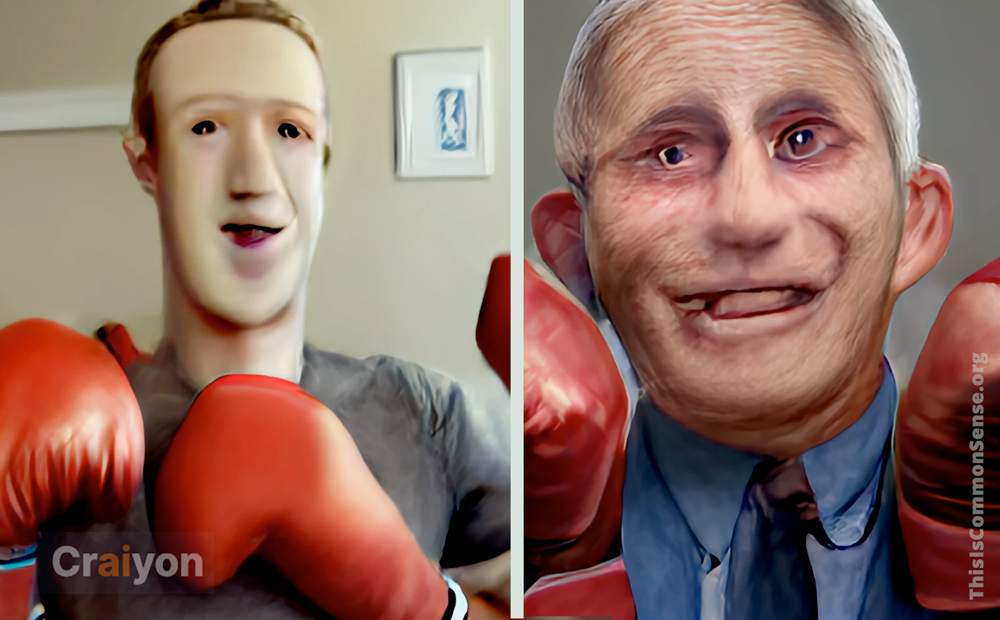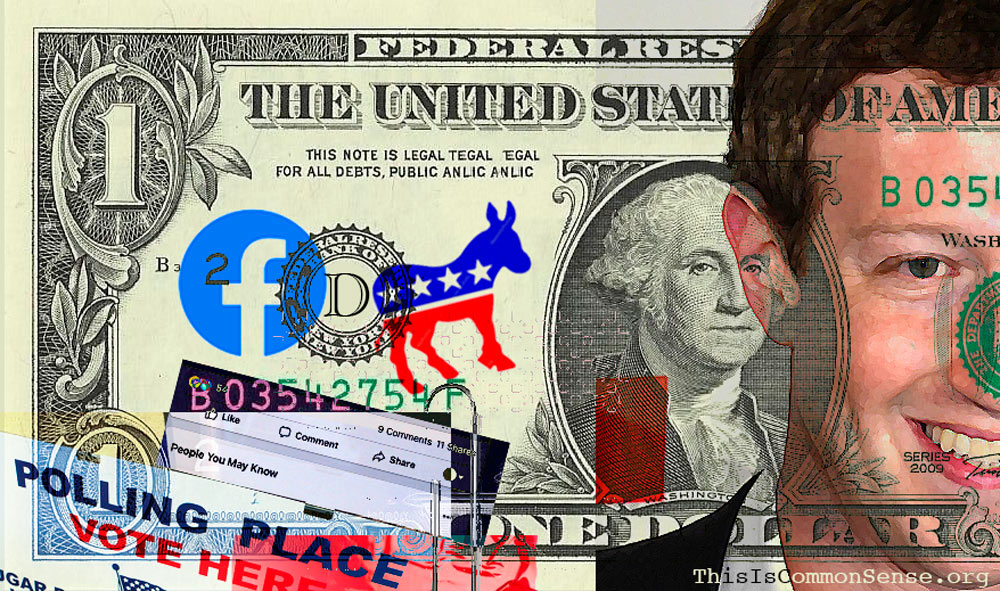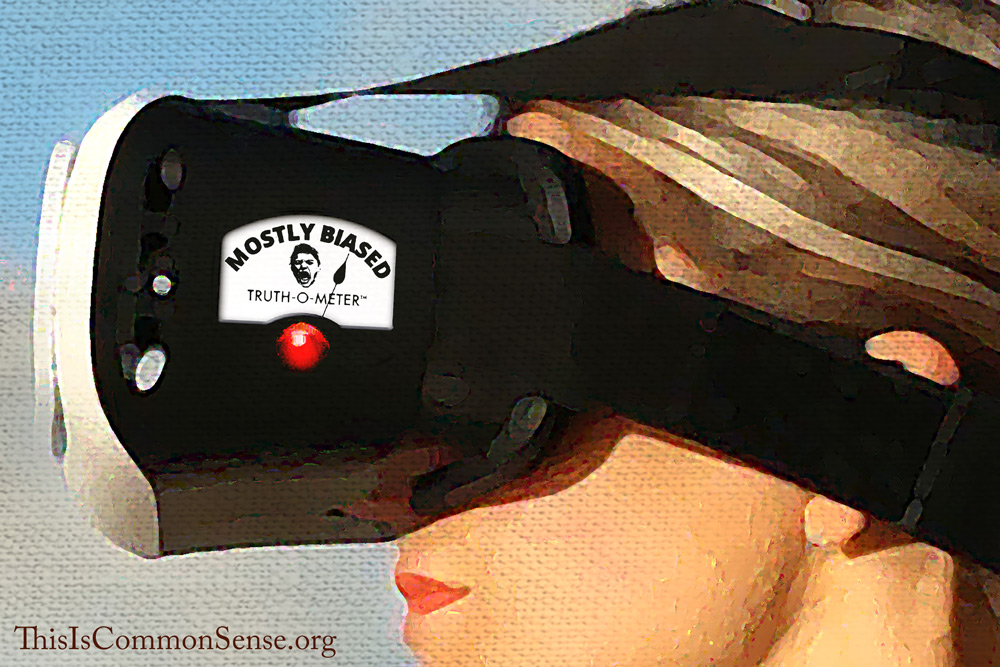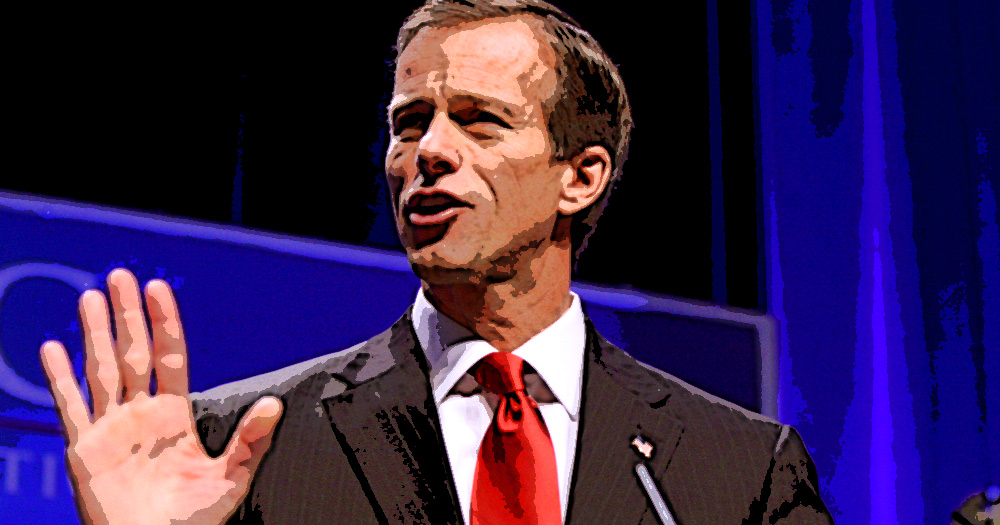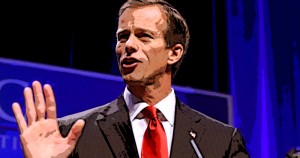“This is just one of those things where things get taken out of context,” congressional candidate Hung Cao told WJLA in Arlington, Virginia, responding to his opponents TV ads, which charge that Cao said he “wants to punch Dr. Fauci in the face.”
Mr. Cao, a colorful fellow, came to America from war-torn Vietnam when he was just four. He graduated from the Naval Academy and served for 25 years — a combat veteran of Iraq, Afghanistan, and Somalia.
“[T]he real quote was ‘if there’s two people I could punch in the face and get away with it, it would be Mark Zuckerberg and Fauci,’” explained Cao. “I’m not advocating violence. All I’m saying is we are so frustrated with people — unelected officials — making decisions for this country like Mark Zuckerberg being able to ban people based on speech and Dr. Fauci shutting down businesses.”
Cao clarified that he is “all about law and order.”
His opponents “are also tying Cao to January 6th in television ads,” notes WJLA.
“You know where I was on January 6?” Cao asks. “I just landed from my last combat deployment in Afghanistan and my kids voted unanimously to open presents after I returned. So, that morning . . . we were actually opening Christmas presents,” he said. “I was trying to keep my eyes open with toothpicks, because I was so tired from the jetlag. And . . . to superimpose my face onto January 6, and then, not only that, Confederate flags as if I’m some sort of white supremacist.”
His word for that: insulting.
While attacked as an extremist, however, Cao has not shied away from defending parents — including homeschoolers, like he and wife — from the real extremists running our schools, and opposing President Biden’s COVID vaccine mandates that are kicking “heroes” out of the military “like trash.”
He even has a commercial where, as a former kick-boxing champion, he invited voters to join him in kicking Congress!
Sadly, as much as I want to, I cannot vote for Cao.
I’m in an adjacent district.
This is Common Sense. I’m Paul Jacob.
Note: Asked to express the importance of “previous experience in government or politics,” Cao explained to Ballotpedia: “Career politicians are a cancer. Being a county supervisor or city mayor makes them no more qualified than a truck driver.”
Illustration created with Craiyon
—
See all recent commentary
(simplified and organized)
